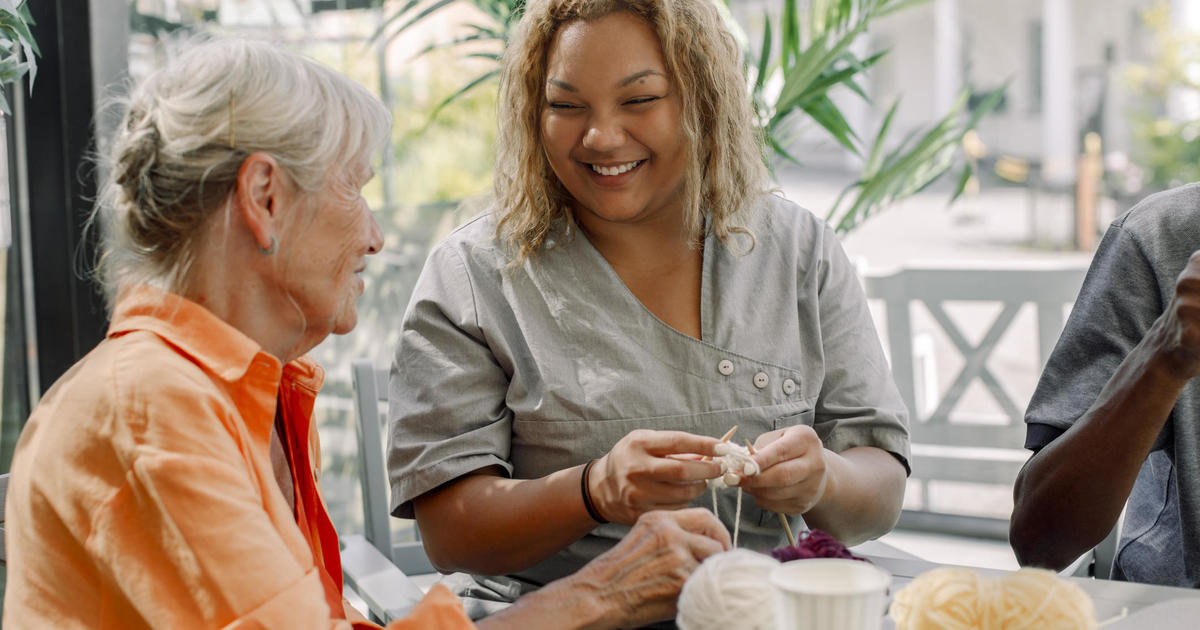Looking for the perfect gift? Here’s what not to buy
Some parents eavesdrop as their kids tell the department store Santa what they hope to find under the tree. Other families exchange wish lists to avoid giving and receiving what goes into the $69 billion pile of merchandise that gets returned after the holidays.
Retailers contend with returns all year round -- enough to fill 220,000 garbage trucks, according to Optoro, a tech company that helps retailers deal with the rejected merchandise. But nearly a quarter of the rejected goods are purchased in November and December.
For those of us who prefer an element of surprise but would still like to give gifts that the receiver is pleased with, here are 10 tips from people who make a living selling stuff, as well as those who assist with the avalanche of post-holiday returns.
Don’t buy apparel. Clothing and accessories not only top the list of what consumers returned after last year’s festivities by Optoro’s reckoning, but the category also accounts for almost three times that of all other merchandise brought back to stores.
Simply put, unless the recipient has stated a desire for a preferred designer and size, buying clothes is an utterly risky undertaking. Trying to guess someone’s size is never a good idea, especially as they could be an eight or a 10 in one brand and an entirely different size in another, explained Melody Wright, chief operations officer at Von Maur, an upscale department stores that operates in 14 states. “People oftentimes guess too low,” Wright told CBS MoneyWatch. “Unless you have specific information, you don’t want to guess.”
If you do buy apparel, avoid pants. Here’s why you should steer clear of pants. “We had pants, and nobody looked at them,” said Connie Griffin, who owns Griffin’s, a shop with an eclectic mix of new and old clothing, furniture, books, toys and more in Great Barrington, Massachusetts. While her store sells more clothes than anything else, Griffin regards it as the riskiest category to buy for another person.
In addition to pants, footwear is another item Griffin has discontinued since opening what began as a vintage shop in 2010. Shoes “either fit, or don’t,” said Griffin. Shoes ranked third on the list of last year’s holiday returns, according to Optoro, accounting for 21 percent of the total.
- For more tips on budgeting and spending for the festive season, see our Holiday Financial Guide
If you must give clothing, go with a cashmere sweater instead of a pair of jeans, advised Von Maur’s Wright. “Bottoms are a much bigger problem than tops, and where we see a much higher return rate,” she said. “We don’t see the same issue in tops.”
If you like something, buy it for yourself. A common mistake people make in buying gifts is believing that if they like something, others will too. Consider your recipients and what they already enjoy, not what you think they should appreciate, said Wright. The idea of “I want to show them what I like, reverse that,” she advised.
Big mistakes can come in small packages. The biggest mistake people make in buying jewelry as a gift is getting the wrong style, said silversmith Thomas Parker, owner of Berkshire Gold & Silversmith, across the street from Griffin’s shop in Great Barrington. People also come into Parker’s shop looking for the perfect gift without knowing basics such as whether the would-be recipient has pierced ears or what her ring size is. As with clothes, size matters.
Gift cards are great, except... Gift cards only get more popular with each passing year, but don’t purchase one unless you know the recipient likes to shop where it can be used. That’s especially true when the card value is a small denomination, said Wright. She pointed out that you’re then leaving the person with the option of having to chip in their own money to use the card at a place they might not want to be shopping at in the first place.
Don’t send the wrong message. While plenty of lovely gift sets of cosmetics and perfumes are available, be wary of how the receiver might perceive such an offering. It could communicate that you think the recipient needs to wear makeup or even help in how she smells.
Booze in a box is so 1980. The days of buying a great cognac or single malt scotch as a holiday present are over, said Ed Domaney, owner of Domaney’s Liquors and Fine Wines, a family-owned and -operated business in Great Barrington. The store, which in addition to alcohol, sells cigars and gourmet foods, no longer bothers with boxed gift sets of glasses and Harvey’s Bristol Cream or Baileys Irish Cream.
Anything “perceived as liqueurs that was commonly used in the 1950s through the 80s” is no longer in vogue. “Today, there is very little in the way of gift packages, as people don’t buy it anymore,” said Domaney. Instead, people opt for a case of hand-chosen wine and 12 gift bags, which can then be dispersed to a dozen relatives, friends or colleagues, he said.
Make it personal. People are less likely to return gifts when they feel a personal connection, such as “a symbol on a bracelet or a mantra on a necklace,” said Wright. “And you can achieve that with a $25 necklace or one that’s thousands of dollars, so there’s quite a price range.” Personalized stationary is trending as a hot item this year, she added.
Better to be exchanged than returned. One gift that tends to get exchanged rather than returned is high-end sunglasses, said Wright. “Folks don’t want to spend $150 on sunglasses, but as a gift, they love it,” she said of the luxury item. That said, “they may not be right for your face, so people tend to exchange them for a different pair,” she explained.
Safer bets. People tend to shy away from buying for someone else’s home, worried they don’t know the recipient’s taste well enough, said Griffin. But she noted candles and soap are welcome gifts in virtually all households.



